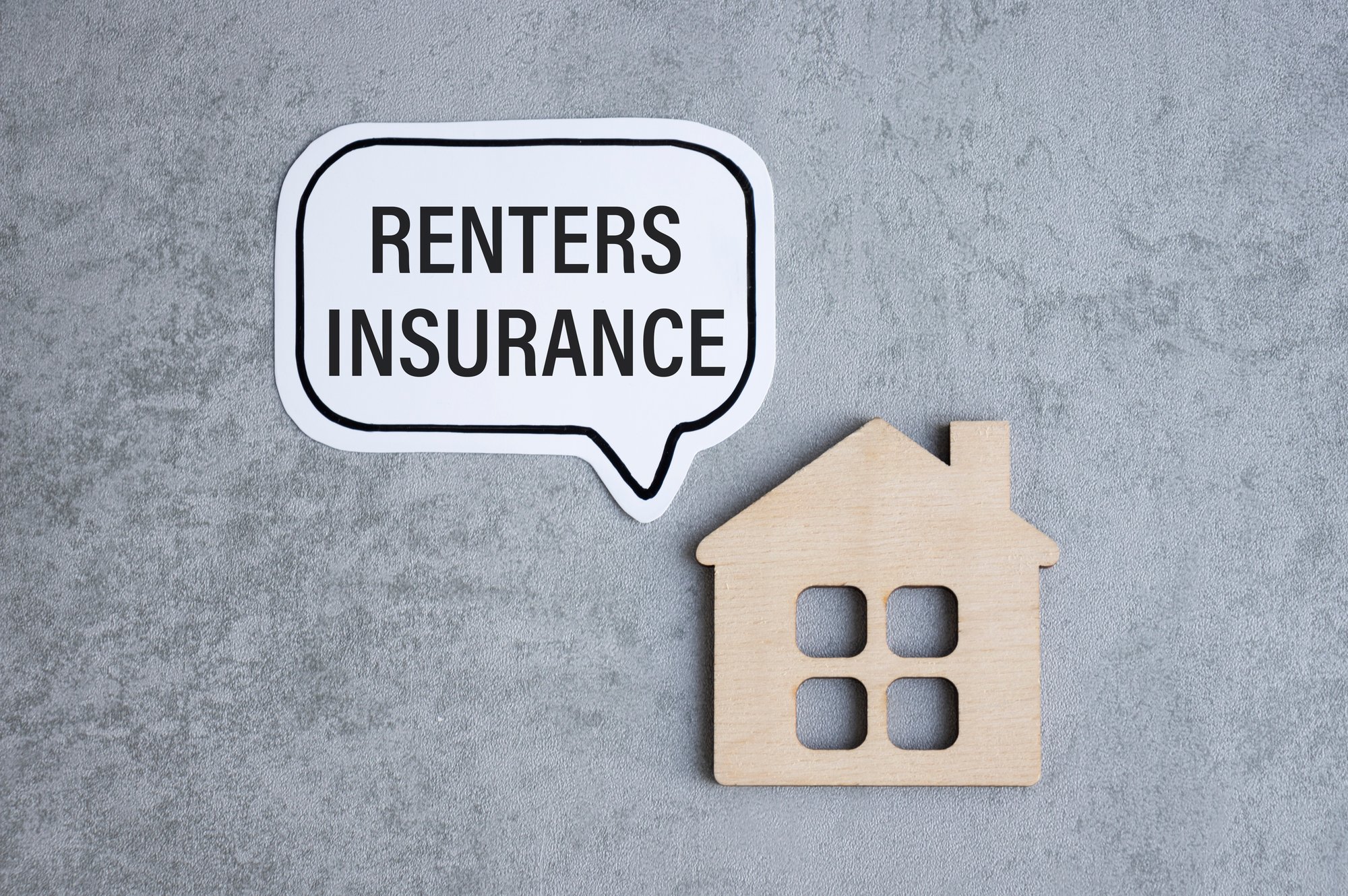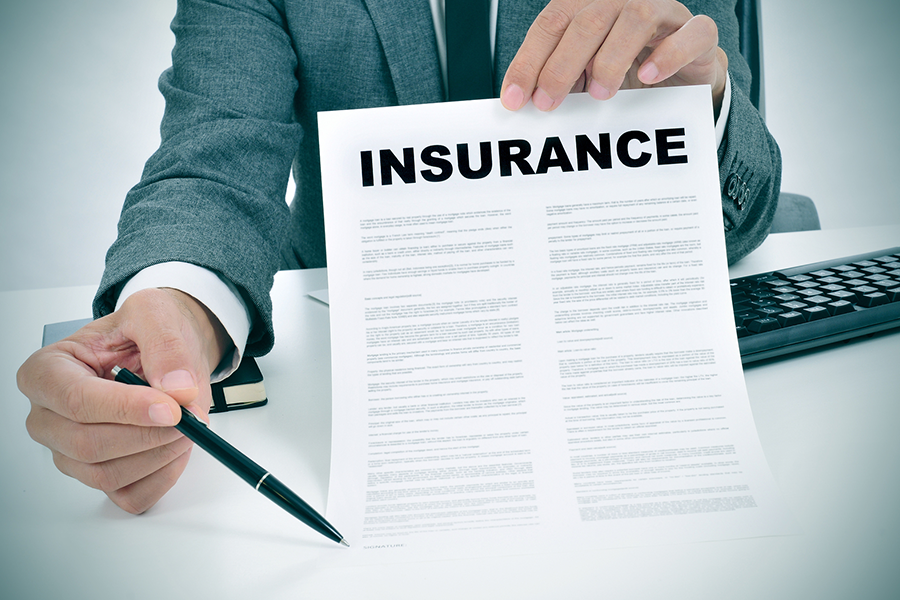Placing Toll Of Natural Disasters Is Partially Responsible For Rising Home, Vehicle Insurance Coverage: Npr Hurricanes can create damage to your dwelling, various other frameworks and personal property with high winds, hail, flying debris and dropped trees. Many home and personal property coverage will certainly protect you financially from these sorts of damages. For instance, if wind or hail storm problems your roof and it creates rainwater to harm your home, you must be covered unless your plan leaves out these perils. Some areas vulnerable to hurricanes might need separate deductibles for wind or Have a peek at this website hailstorm, called calamity deductibles. Flood damage resulting from a tornado is not covered under any basic home owners insurance plan yet would be covered under a different flood insurance plan. It is very important to review one's plan to comprehend exactly what is covered under the policy and to what degree you are covered as insurance coverage restrictions differ also. Standard property owners insurance policy covers a number of the common all-natural disasters, except for flooding and quakes. The list of excluded all-natural calamities can vary state by state and by location as a whole. High-risk and/or seaside properties may require additional protections or standalone plans added to be secured from a few of these hazards. The very best property owners insurance coverage for all-natural catastrophes is one tailored to cover your home's natural dangers risk. A danger is an insurance coverage term for something that presents a danger of loss, while a threat enhances the threat of loss. Wildfires are all-natural hazards since they enhance the danger of loss from a fire. Droughts are the second-biggest all-natural catastrophe that influences the united state, with Fallon, Nevada experiencing dry spells averaging 184.5 weeks. Droughts cause the earth below your home to dry out and shrink, which can create your structure to split.
Best Homeowners Insurance in Florida for 2024 - Bankrate.com
Best Homeowners Insurance in Florida for 2024.
Posted: Thu, 22 Aug 2019 18:30:57 GMT [source]

What Sort Of Protection Is Typically Ignored?
Some perils are included, while others are left out on a property owner's insurance policy. Typically, an insurance coverage for your home will certainly cover any kind of damages due to hail, wind, fire, or lightning. Nonetheless, many of these plans vary on the level of coverage they offer. As an example, an HO3 offers home insurance policy coverage for a wide series of dangers, while a DP1 policy is one of the most standard degree of coverage for rental property or homes that are typically uninhabited. Homeowners insurance policy will typically cover damages connected to hurricanes and cyclones, such as hailstorm or wind damage. Nonetheless, if you live in a tornado or hurricane-prone area, you might need to buy cyclone protection.There are some good reasons to check your homeowners insurance heading into spring - CNBC
There are some good reasons to check your homeowners insurance heading into spring.

Posted: Fri, 13 Mar 2020 07:00:00 GMT [source]
All-natural Disaster-related Information And Statistics
Some home insurance coverage in coastal areas, such as seaside Texas, exclude coverage for wind damages. In these locations you would certainly need to buy a plan recommendation or a separate policy devoted to hurricane and hail damages. Responsibility protection safeguards against loss resulting from injuries sustained on the residential property. If a house owner is taken legal action against after a site visitor falls down the stairs, home insurance coverage can pay the bills. To acquire flood insurance coverage via NFIP, the residential property should be in a community that joins the program. Higher deductibles usually cause reduced costs, yet it is necessary for property owners to pick an insurance deductible that they can pleasantly manage in the event of a flood-related claim. Invading water can cause a good deal of damage to a property in addition to to personal valuables, such as furniture and even vehicles.- Lemonade may cover problems triggered by a fire following an earthquake, which is an usual consequence of an earthquake.Without obligation home insurance coverage, an owner can be personally responsible for covering legal costs and losses sufferers incur after injury.The graph below highlights the typical expense of home insurance coverage in numerous states prone to all-natural catastrophes, as well as the average expense of home insurance in high-risk cities within those states.Policies do differ, however, so for your very own peace of mind, check your own for the specific risks covered.